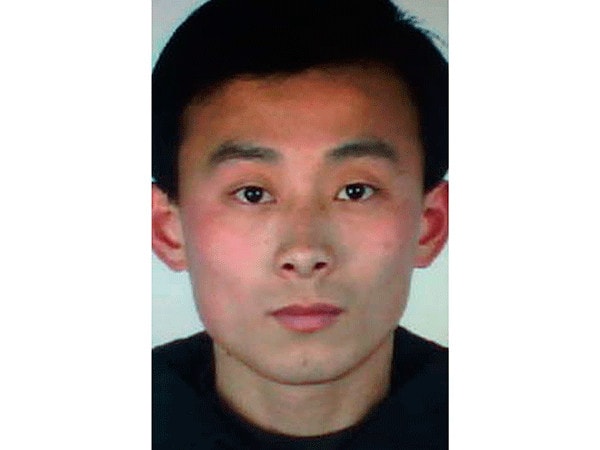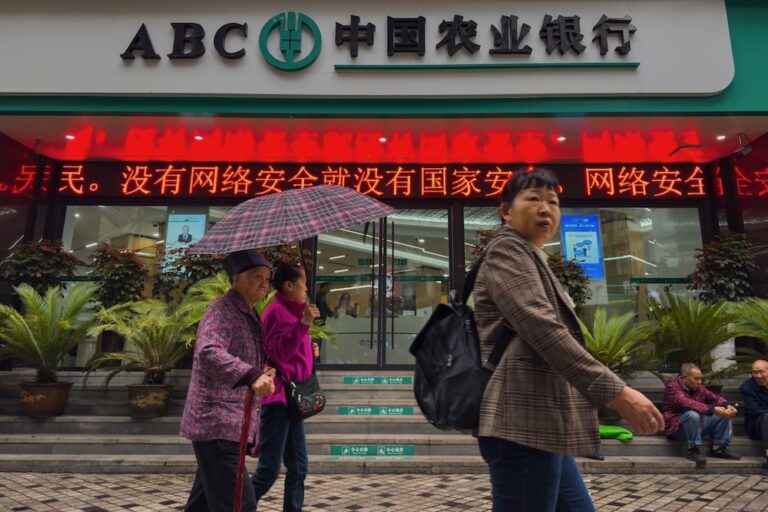Chen Kegui, the imprisoned nephew of blind legal activist Chen Guangcheng, is seriously ill but being denied adequate medical treatment by Chinese authorities.
Chinese central government and Shandong provincial authorities should immediately facilitate effective medical treatment for Chen Kegui, the imprisoned nephew of blind legal activist Chen Guangcheng, Human Rights Watch said on April 30, 2013. Chen Kegui is receiving only antibiotics for appendicitis, which could lead to a life-threatening result. Failure to provide prisoners access to adequate medical care is cruel, inhumane, and degrading treatment that may rise to the level of torture, and violates the right to health and the Standard Minimum Rules on the Treatment of Prisoners.
“Chen Kegui’s life and health are now in the hands of the same authorities who have authorized or tolerated other abuses against him in prison and his family in their village,” said Sophie Richardson, China director. “To deny him appropriate treatment reflects at best incompetence and at worst a twisted effort to torment the Chen family.”
Chen Kegui was sentenced in November 2012 by a criminal court in Linyi city to three years and three months in prison for “intentional infliction of injury” in proceedings that were widely seen as retribution against Chen Guangcheng and fell short of international standards. The one-day trial was not announced ahead of time, as is required under Chinese law, was closed to the public, and Chen Kegui was not represented by a lawyer of his choosing. By the time of the trial, Chen Kegui had been held by the police and denied access to his family or lawyers of his choice since his arrest in late April 2012. He was charged with injuring officials who had raided his family home in the village of Linyi late at night several days after his uncle made an escape from illegal confinement in a house located in the same village.
On April 24, 2013, Chen Kegui called his father, Chen Guangfu, from Linyi Prison to tell him that he had been diagnosed with appendicitis by a prison doctor and would be put on intravenous antibiotics the following morning. Chen Kegui had previously complained of abdominal pain. Chen Guangfu went to the Linyi Prison the following afternoon, where he urged prison officials to transfer Chen Kegui to better medical care outside the prison; this appeal was rejected. On April 29, prison authorities again asserted to Chen Guangfu that they alone would make a decision whether to transfer Chen Kegui to medical care outside the prison. An ultrasound conducted on Chen Kegui within the past 48 hours reportedly showed that his appendix is inflamed and pus-filled, suggesting that the conditions are severe and that surgery is necessary. Improperly treated appendicitis can lead to life-threatening complications or death.
The prison officials’ reticence to allow Chen Kegui immediate access to adequate medical care comes on the heels of various forms of harassment and intimidation of Chen Guangcheng’s immediate family. For example, Chen Kegui’s mother was informed last week that they too may be prosecuted on charges related to the incident for which Chen Kegui was sentenced, and the family has received numerous anonymous threats in recent weeks. Prison authorities do not appear to have investigated allegations of beatings, food, and sleep deprivation of Chen Kegui, which took place between early May and mid-December 2012. Linyi authorities also never explained to Chen Kegui’s family the reasons for local officials to visit Chen Kegui’s child’s school unannounced in early April, an act that is interpreted by Chen Kegui’s family as intimidation, as authorities have threatened Chen Kegui about harming his child.
“Chen Kegui urgently needs effective medical care,” Richardson said. “Until the Beijing, Shandong, and Linyi authorities cease their persecution of the Chen family, it is hard to see what difference Xi Jinping’s administration is making over the previous leadership despite his promise to ‘put power in a cage of laws’.”



